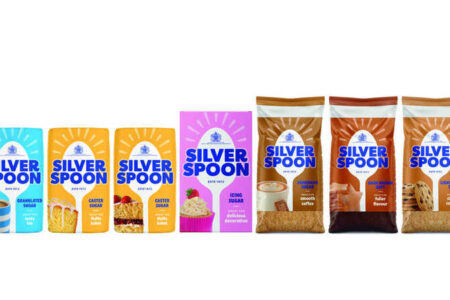BNF updates healthy hydration guides

The British Nutrition Foundation (BNF) is highlighting the importance of healthy hydration through a series of guides on drinks choices for different age groups. The resource includes advice for children aged 5-11, teens, adults, and for the first time, for children aged 1-4 years and for older people with poor appetites.
Developed by the BNF’s team of nutrition scientists and available free to download from the BNF’s website, the four guides outline the effects of different drinks on health and which drink choices are best at different stages throughout life.
Sara Stanner, science director, BNF said: “We all know that it’s important to keep hydrated but, it is not always easily understood that, where one drink may be a good choice for one age group, it may not be suitable for someone else at a different stage of life.
“For example, for most adults and children it’s important to avoid consuming too many drinks like hot chocolates, fruit juices or smoothies as this can lead to excess intakes of calories and sugar. But, for older people who have poor appetites and may be losing weight, these drinks can actually be really helpful – both for hydration and providing important nutrients.
“Milk is a source of calcium, iodine, riboflavin and vitamin B12, and can contribute to hydration for all ages, though the best variety to choose may differ. For children aged 1-4 years, the advice is that skimmed or 1% fat milks are not suitable, and semi-skimmed milk can be offered as a main drink to children over two years with a healthy, balanced diet. For older people with poor appetites, whole milk is a good choice to boost energy and protein intake.
“Adults and teens can consume milk regularly, however lower fat versions are recommended and, if choosing plant-based alternatives, it is best to go for those that are lower in sugars and fortified with calcium and ideally other vitamins and minerals.”
Regular consumption of sugary soft drinks is discouraged for both adults and children in the BNF guides, and for adults who like sweet soft drinks, options with no added sugars are a good option to reduce sugar and calorie intakes. However, for older adults with poor appetites who are trying to prevent weight loss, diet drinks are not a good choice and high sugar intakes may not be a primary concern.
Stanner continued: “Drinks containing caffeine are not suitable for young children and, in our updated guide for 5-11 year olds, it’s suggested that tea and coffee should only be consumed occasionally and in small amounts. For older adults with poor appetites it advises adding plenty of milk to add extra energy and protein.”
The four BNF healthy hydration guides can be downloaded here.



